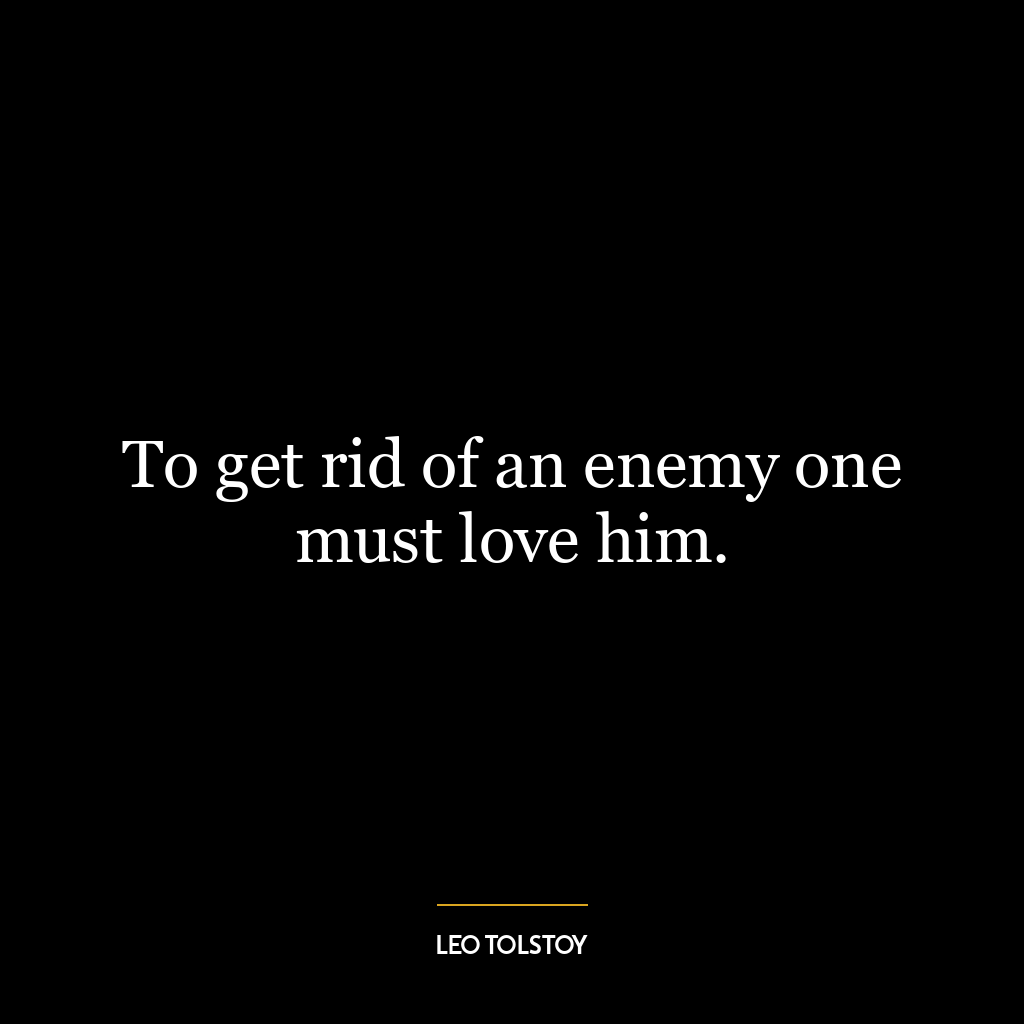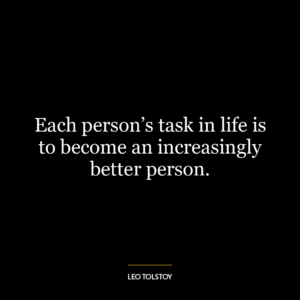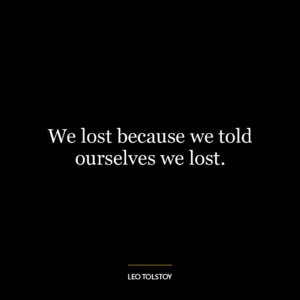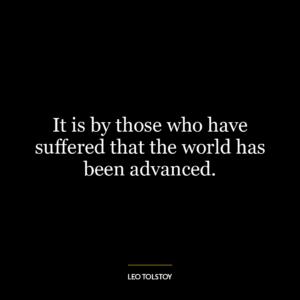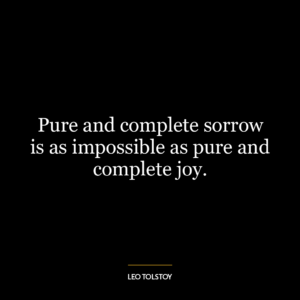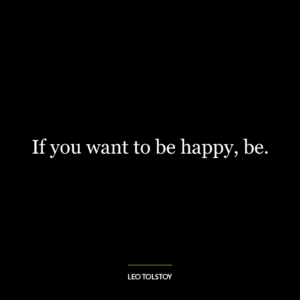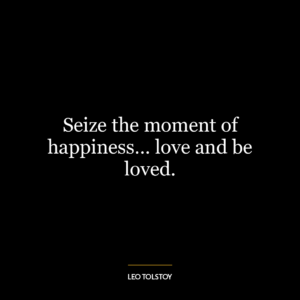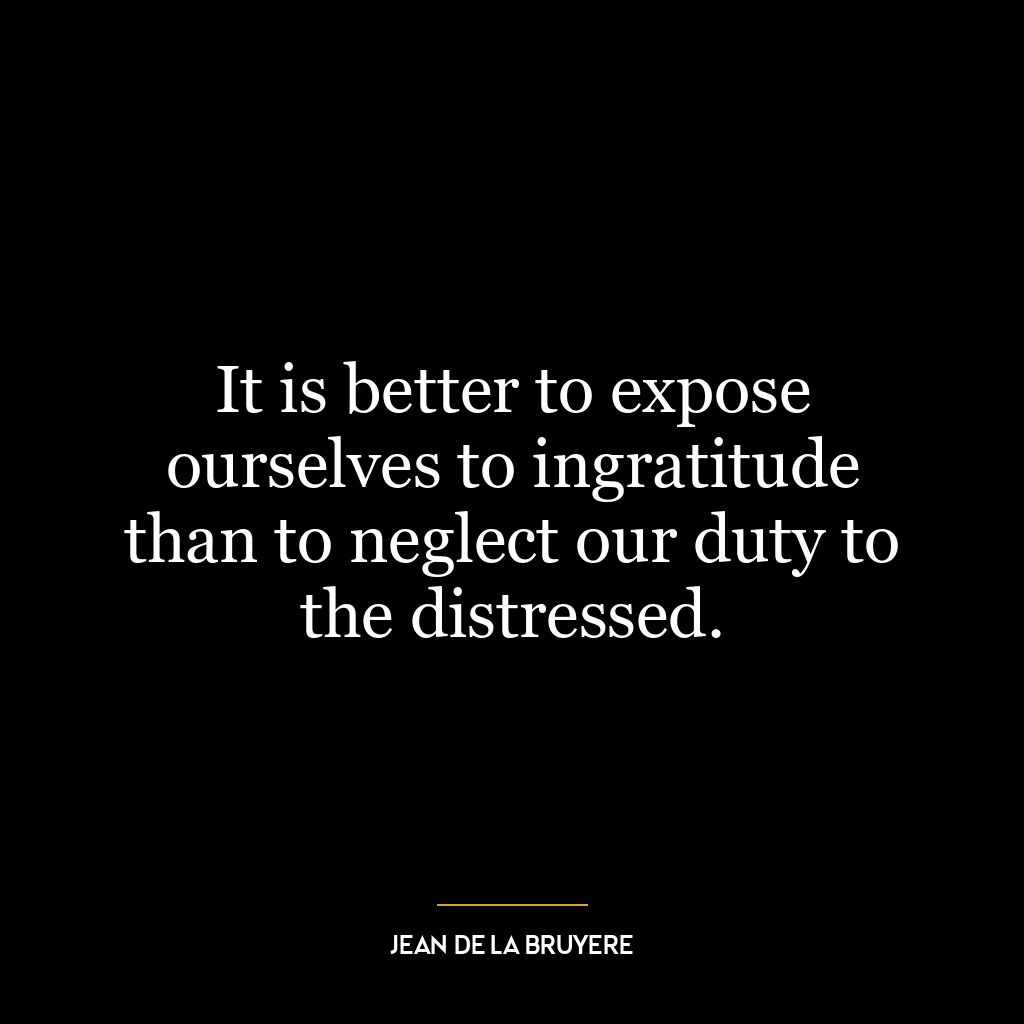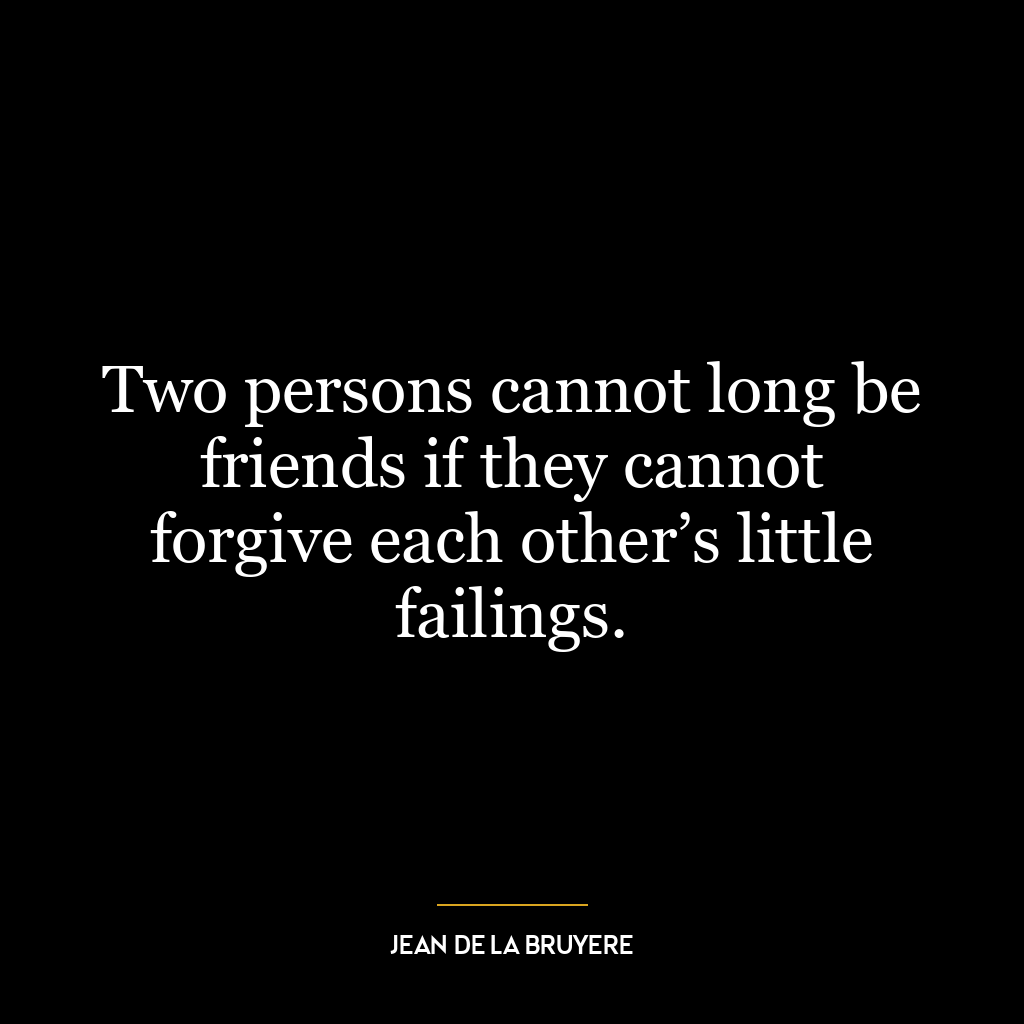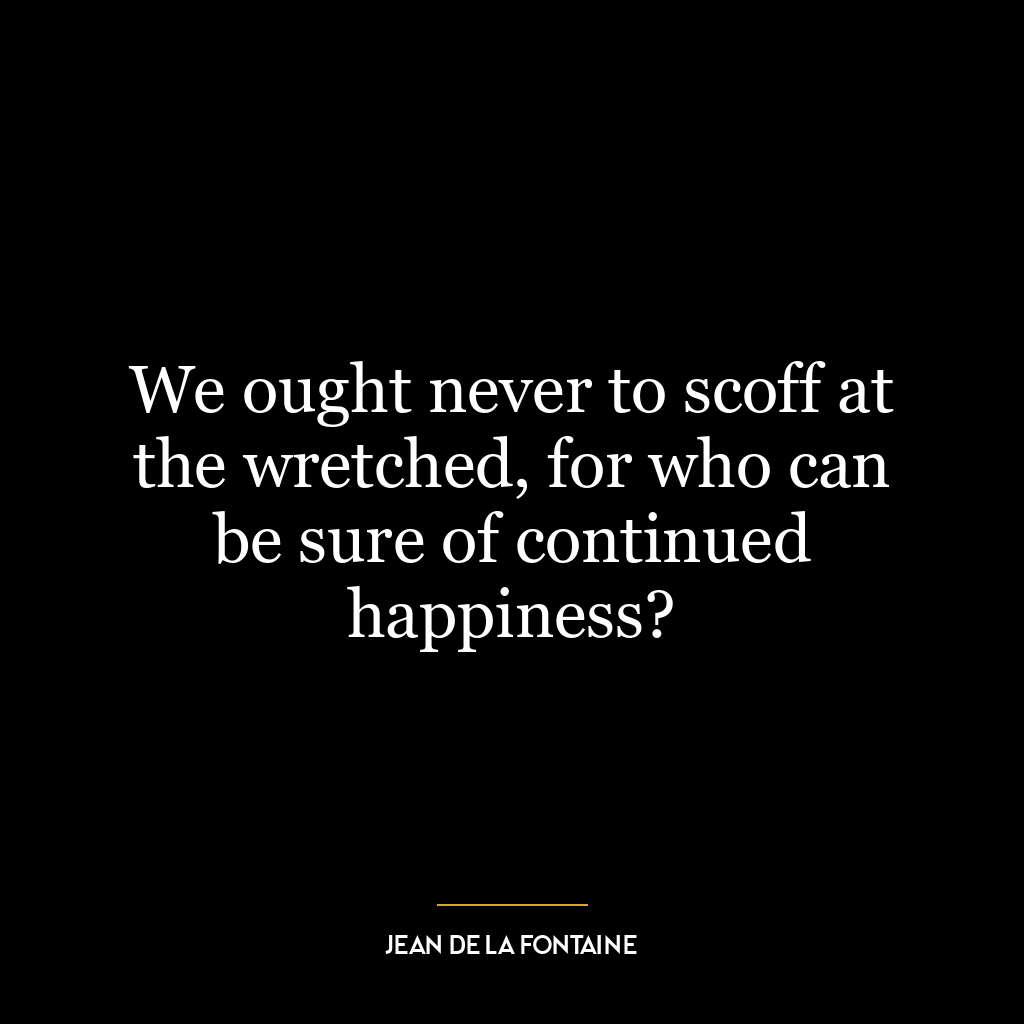The quote “To get rid of an enemy one must love him” suggests that the most effective way to neutralize or eliminate the hostility or threat posed by an enemy is not through violence, hatred, or retaliation, but through love and understanding. It implies that by showing love, compassion, and kindness, we can transform the negative energy of enmity into something positive.
This idea is deeply rooted in the power of empathy and understanding. It posits that if we take the time to understand our enemies, their motivations, fears, and desires, we might find common ground, which can be the basis for reconciliation or at least for reducing hostility. In essence, it’s about breaking down the barriers of “us” versus “them” and recognizing the shared humanity that binds us all.
In today’s world, this idea is as relevant as ever. In the face of increasing polarization, whether it’s political, religious, or cultural, this quote serves as a reminder that love and understanding are potent tools for reconciliation. It’s applicable on a macro level, such as in international relations, where diplomacy and mutual understanding can often resolve conflicts more effectively than warfare.
On a personal level, in the realm of personal development, this quote can be a guide for how we deal with personal conflicts or difficult relationships. Instead of responding to hostility with hostility, we can choose to respond with understanding and love. This doesn’t mean accepting or condoning harmful behavior, but rather seeking to understand where it comes from and addressing it in a constructive, non-confrontational way.
Moreover, this approach can also lead to personal growth. By choosing love over hate, we can cultivate qualities such as patience, empathy, and forgiveness, which can enrich our lives and our relationships. It also helps us to let go of negative emotions that can hold us back, like anger, resentment, or the desire for revenge.
So, “to get rid of an enemy one must love him” can be seen as a call to elevate our responses to conflict, to seek understanding over division, and to choose love over hate, both for the betterment of our world and for our personal development.

